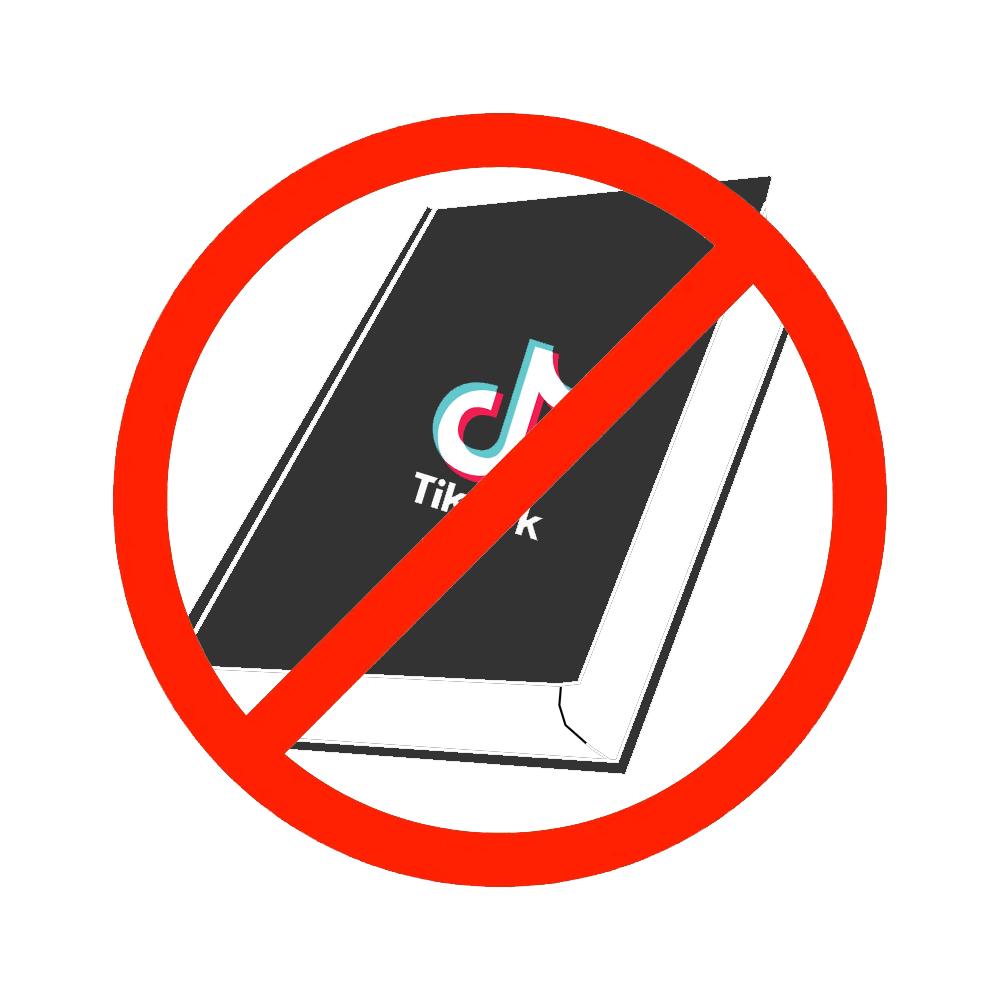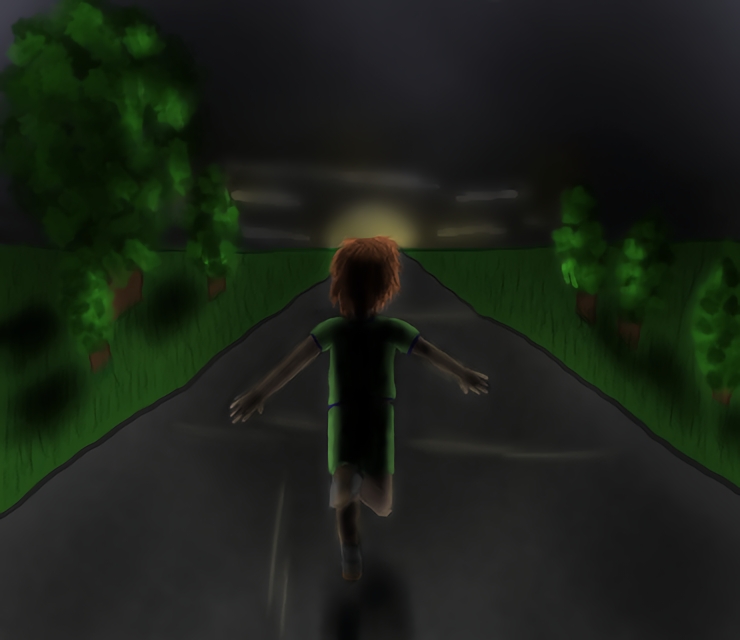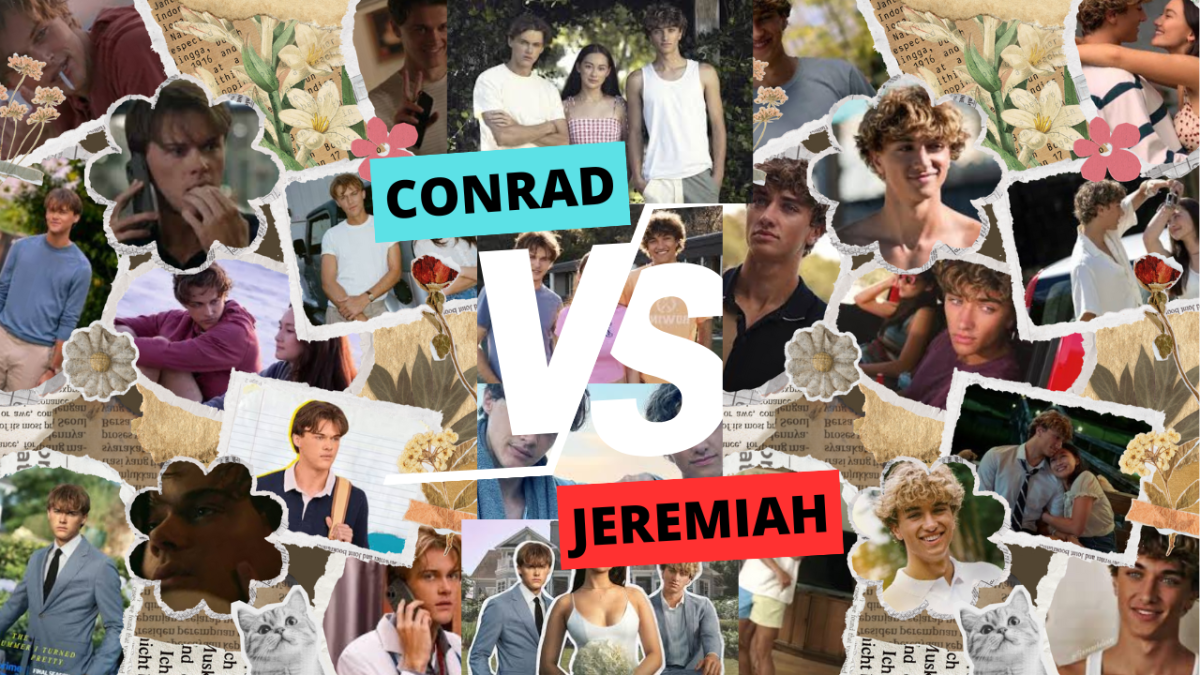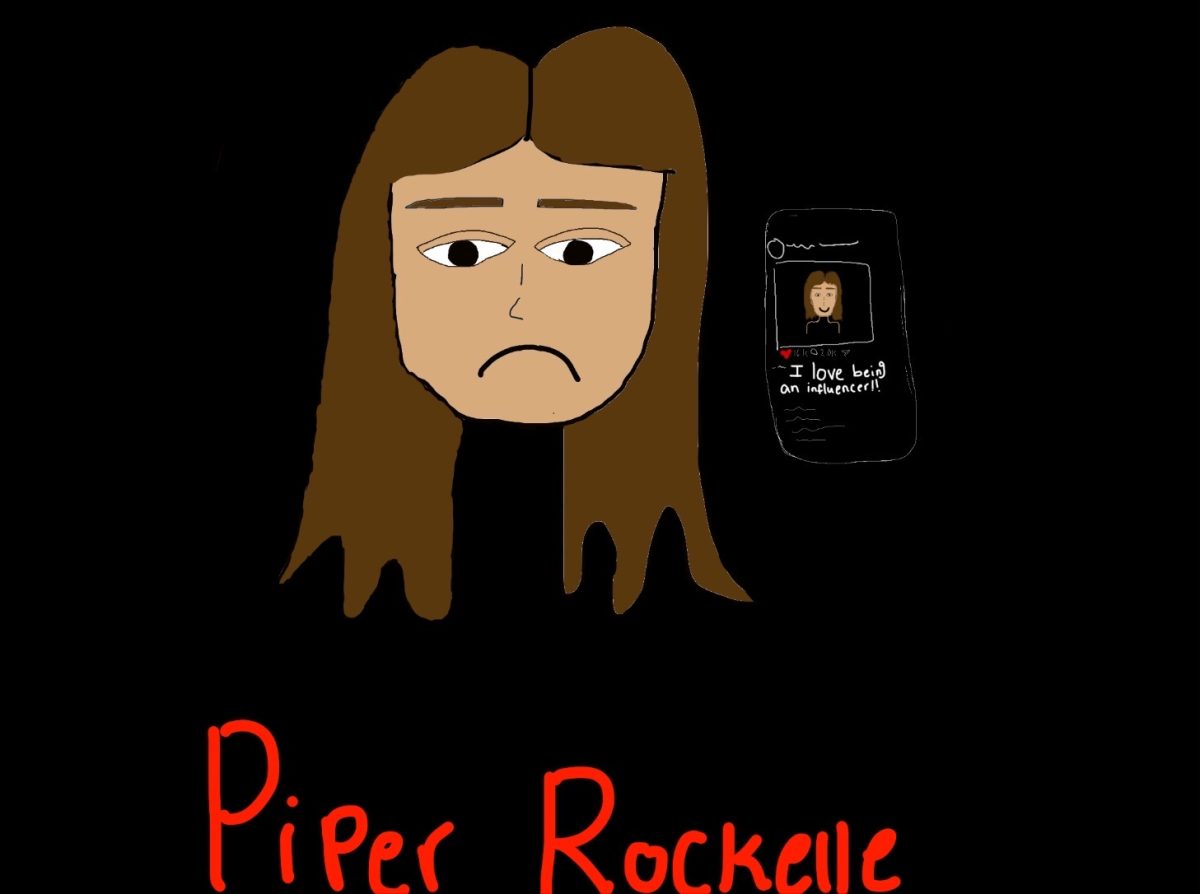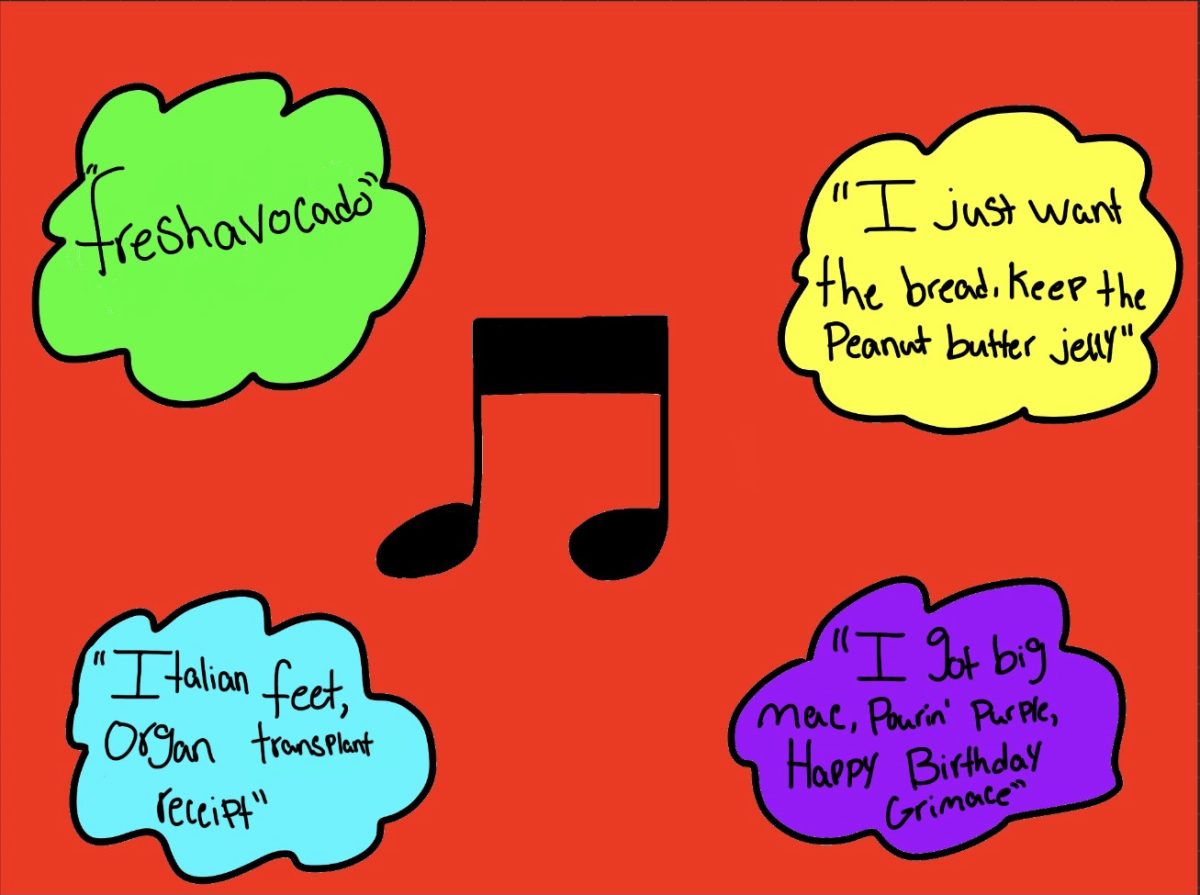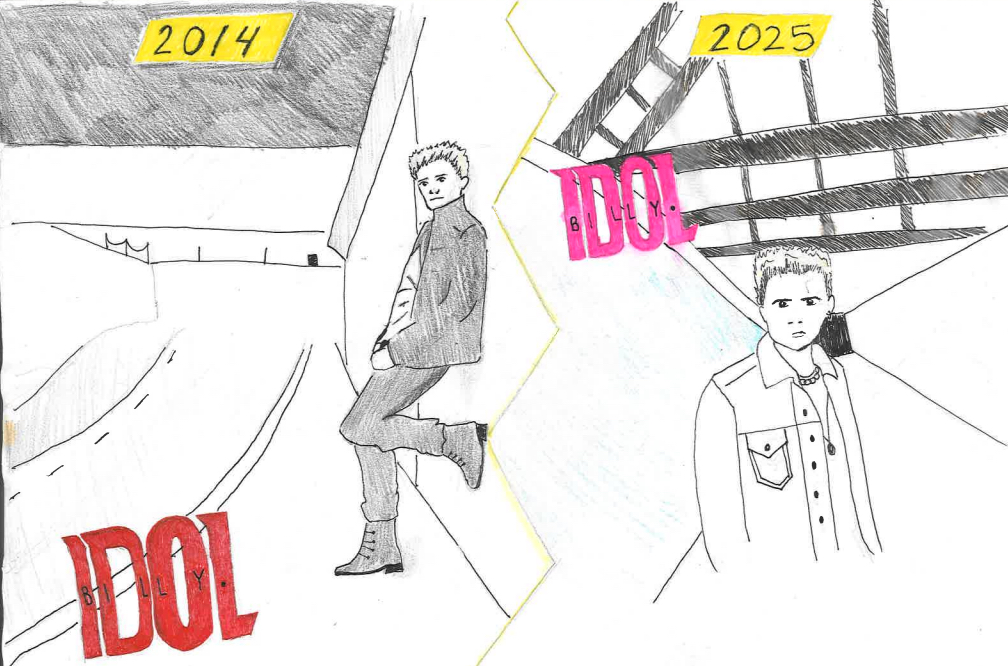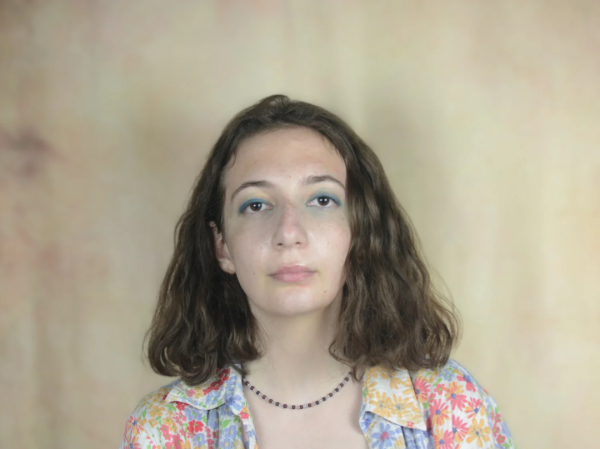Anytime during the last two years, if one walks into a Barnes & Noble, front and center there is a table of books that is labeled ‘BookTok’ filled with popular books on the viral social media platform TikTok. The term “BookTok” is shorthand for Book TikTok, a common hashtag on the platform. BookTok has become increasingly popular in the past two to three years. Oftentimes, TikTok users will create niche communities surrounding mutual interests, but for BookTok, this seemingly innocent community might surprise you with just one wrong recommendation.
One cannot speak of “BookTok” without the analysis of authors who act as the forerunners of the community. Three of the most popular authors are Colleen Hoover, Sarah J. Maas and Taylor Jenkins Reid, all of whom are riddled with controversy, ranging from a severe deficit of diverse characters to questionable themes within their books.
Colleen Hoover, author of “It Ends With Us,” “Verity” and “Ugly Love”, has been criticized for employing themes of eugenics, sexualization of children and glorification of domestic violence. Her works have become a polarizing issue within the literary community, with the platform divided between worshiping her novels and harshly criticizing every publication.
Sarah J. Mass, author of the “Court of Thorns and Roses” and “Throne of Glass” series, has faced similar controversy, with concerns of racism, homophobia and exploitation of the lack of justice for Breonna Taylor (a Black woman murdered by police that invaded her home in 2020) in promotion for a book release.
Taylor Jenkins Reid, author of “Daisy Jones and the Six,” “Malibu Rising,” and “Carrie Soto is Back”, faces backlash at a lesser frequency but has been criticized for repeatedly utilizing Latina narrators in her books who describe and speak on the Latina experience even though Reid is not Latina herself.
“If I find that an author is against basic human rights, I will not read books by them,” Hala Aubukar (12) said. “This is because art tends to reflect the views of the artist so political beliefs tend to bleed into their writing.”
An overarching theme throughout the community is the few amounts of diverse authors gaining popularity; one typically would not find a book by an author that is part of a marginalized community in society without purposefully searching for them. The echo chamber of the “BookTok” feeds perpetuates this commonality with the same books, the vast majority of which are by white women, showing up repeatedly on many popular accounts across the platform.
“There are a couple handles that I follow [on BookTok] and take their recommendations seriously,” CHHS educational assistant Samantha Thrush said. “However, there are a lot of influencers that tend to circulate the same books.”
Further criticism of the BookTok community includes the rapidly rising frequency of unabashed promotion of mature and sexually explicit books by adults and teenagers alike on a social media platform aimed at and primarily utilized by teenagers. With this, the Young Adult genre has been gradually transforming to include more mature themes than what may have been seen ten years ago despite the genre being associated with the same adolescent age range. This metamorphosis of the world of reading raises questions about the role the literary community plays in the over-sexualization of children and exposure to explicit content at a young age through BookTok and the aforementioned classifications.
“Unfortunately, there’s no way to prevent that type of thing from happening,” Thrush said regarding teenagers reading explicit books. “I will say, when I was younger, my mom would flip through the stacks that I picked out and would open to a few different pages and if there was … anything she deemed ‘inappropriate,’ then I wasn’t allowed to read it. This, in turn, only made my curiosity spike and I wanted to read those books because I wasn’t allowed to.”
BookTok has also played a hand in the utter reliance on literary tropes driving the novel’s plots. Literary tropes such as fake dating, enemies-to-lovers and forced proximity dominate the platform. With 15 seconds to a minute to sell their viewers on a book, BookTok creators rely on simplifying the plot into a few sentences or even a list of tropes; a large number of creators recommend a plethora of books in a short video, further condensing the classification of the books into a few key phrases. This has created a conundrum within the publishing industry regarding the publication of books that do not fit into the mold of popular tropes.
Despite the harmful authors seen on the platform, positive communities have formed which have created challenges such as the “Read Around the World Challenge”, where readers read a book either set in every country of the world or written by an author from each country to bolster the reception of diverse literature and support diverse authors that tend to not receive the same amount of support as the sheer number of white authors that makes up the broad image of the publishing industry. Knowing that, readers can research the book recommendations that show up across your TikTok ‘for you page’, so book lovers can find fitting and appropriate books to add to their ‘to be read’ list.


